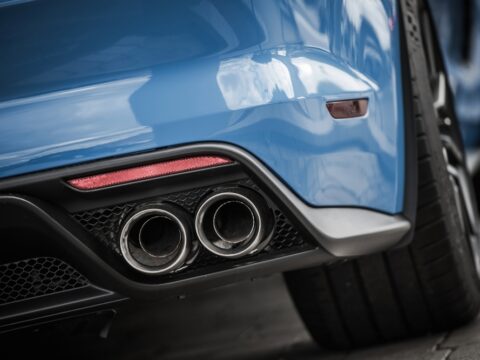The battery is the heart of an electric vehicle (EV), and how you treat it can greatly impact its performance and lifespan. There are several key practices to avoid to keep your EV battery in top shape. Failing to follow proper charging habits, exposing the battery to extreme temperatures, or letting it fully discharge too often can lead to costly repairs or reduced efficiency. By avoiding these common mistakes, you can ensure your EV battery stays healthy and reliable for years to come.
Contents
Never Let the Battery Fully Deplete
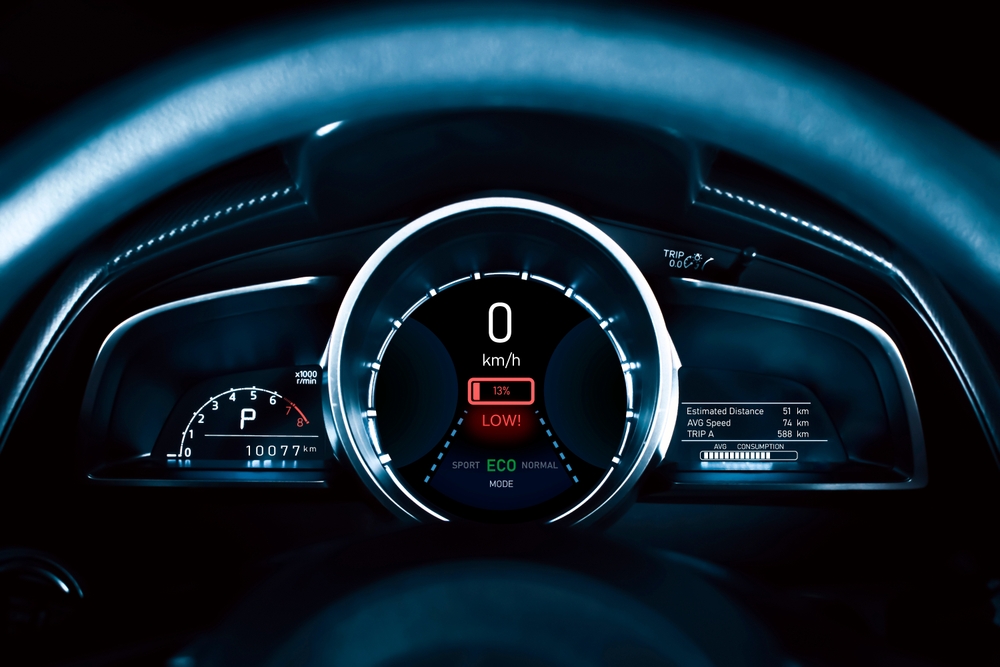
Letting your EV battery fully deplete can cause long-term damage to the cells, reducing its overall lifespan. Most EVs have a buffer to prevent complete discharge, but regularly allowing the charge to drop too low stresses the battery. It’s best to keep your charge level between 20% and 80%. If your battery gets too low, charge it immediately. As a tip, plan your charging stops to avoid unnecessary strain on your battery.
Avoid Extreme High Temperatures
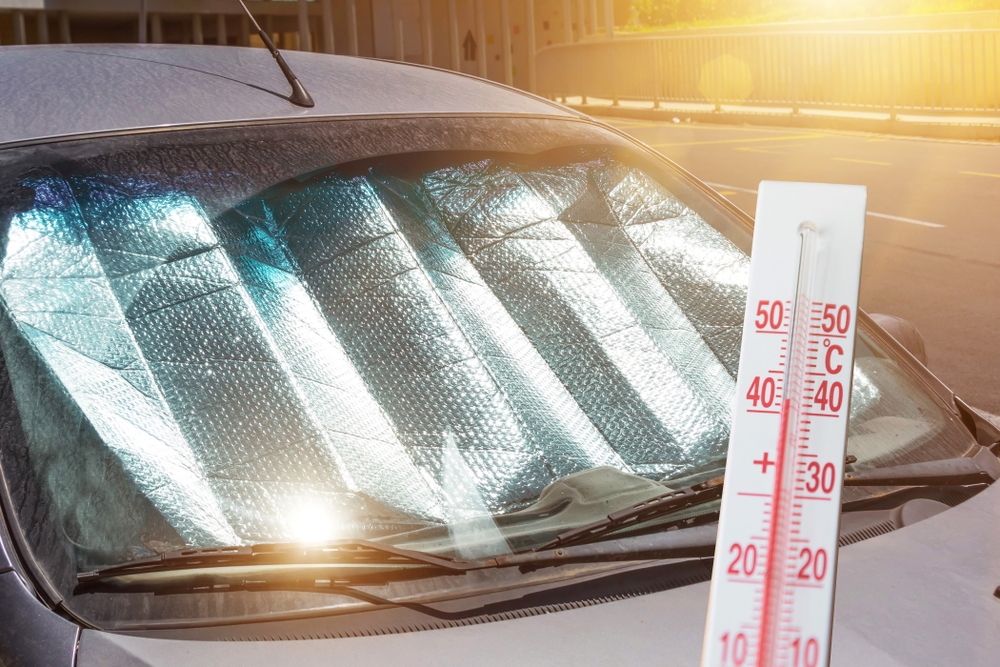
Exposing your EV battery to extreme heat, especially for prolonged periods, can degrade the cells faster. Batteries are sensitive to heat, and frequent exposure can shorten their lifespan. Parking in the shade or using a garage, along with pre-cooling your car before driving, can help avoid overheating. If your battery overheats, let the vehicle cool down before charging or driving further.
Don’t Overcharge Your Battery
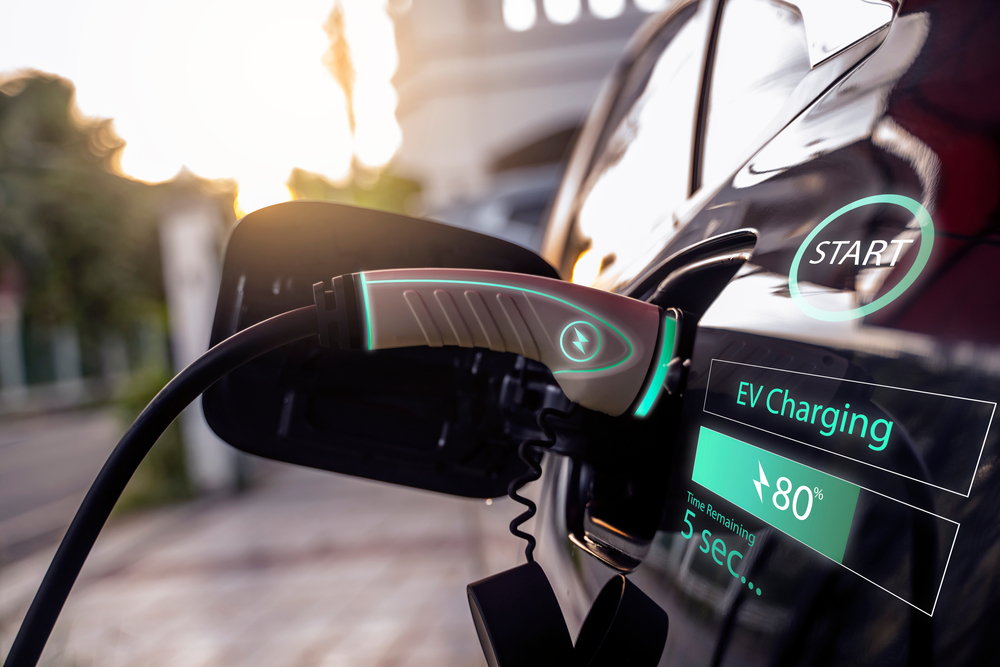
Constantly charging your battery to 100% can cause it to degrade more quickly. Most EV manufacturers recommend charging up to 80-90% for regular use. Use your vehicle’s charging limit setting to avoid overcharging. If you accidentally overcharge, it won’t cause immediate harm, but regularly doing so will affect the battery’s longevity.
Avoid Using Fast Chargers Regularly
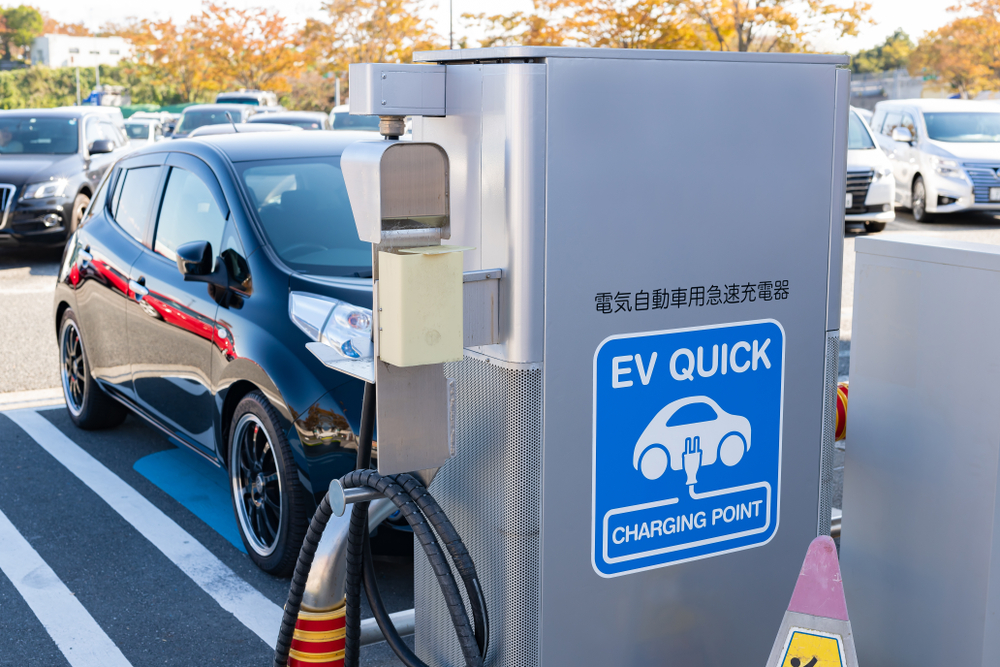
Fast chargers are convenient, but they can generate heat and strain your battery if used frequently. Over time, regular use of fast charging can lead to a quicker battery degradation. For daily charging, use a Level 2 home charger to maintain battery health. Reserve fast chargers for road trips or when you’re in a hurry to minimize stress on the battery.
Never Store Your EV with a Full Charge
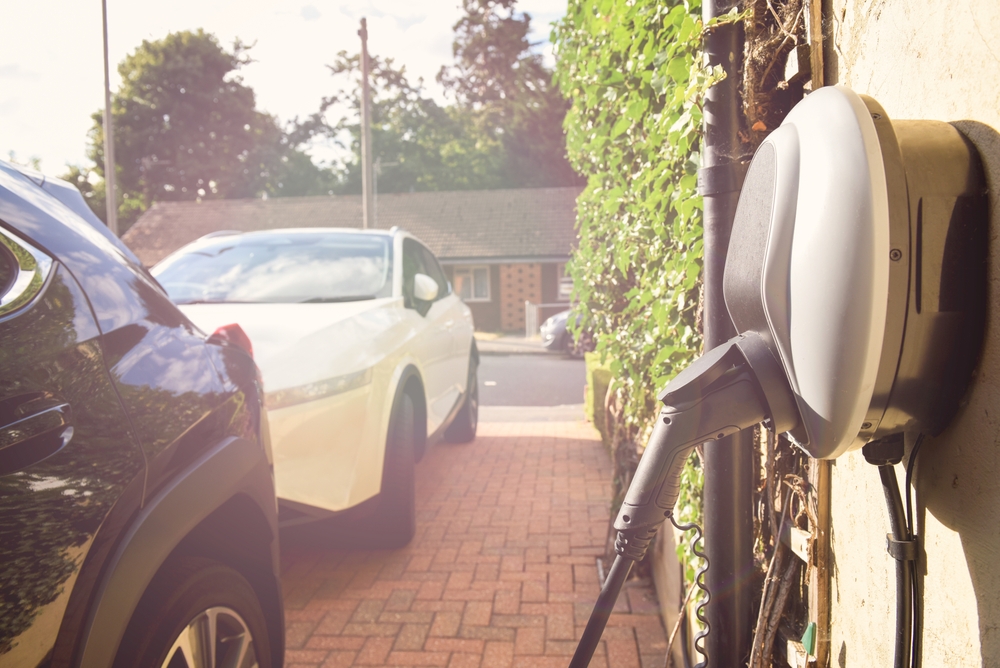
Storing your EV for long periods with a fully charged battery can damage the cells and reduce the battery’s longevity. Ideally, keep the charge between 50% and 80% if you know the car will be unused for weeks or months. Regularly check your charge level during storage, and consider charging to around 60% before leaving the car idle for extended periods.
Don’t Ignore Software Updates
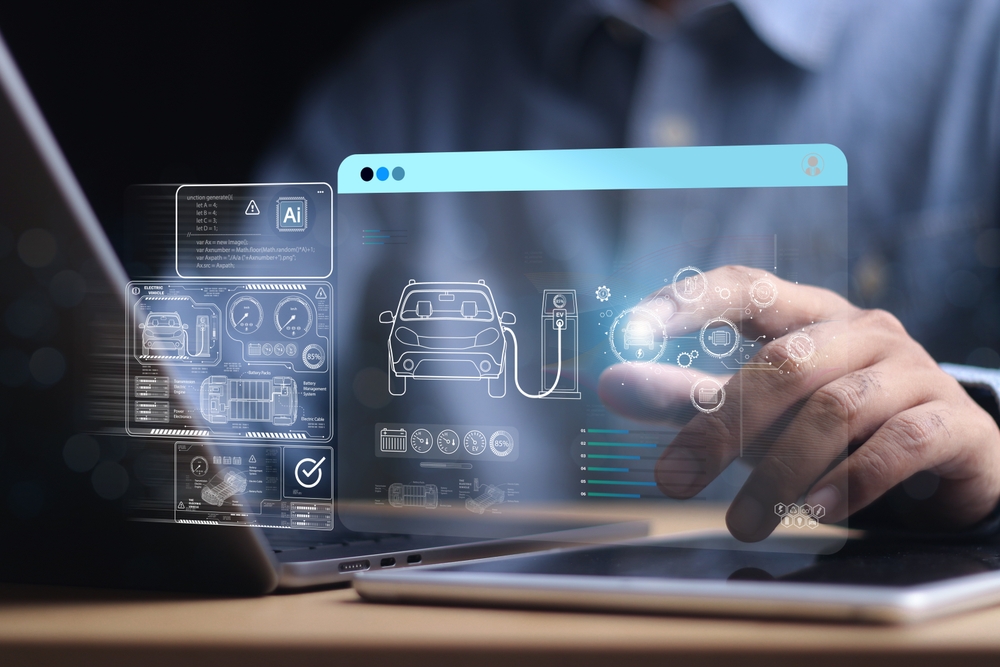
Manufacturers regularly release software updates that improve battery efficiency and address potential issues. Ignoring these updates can lead to suboptimal performance or even premature battery wear. Ensure your EV software is up to date, as updates often include improved charging algorithms. Set your car to automatically install updates or visit the dealership if needed.
Avoid Deep Discharge Cycles
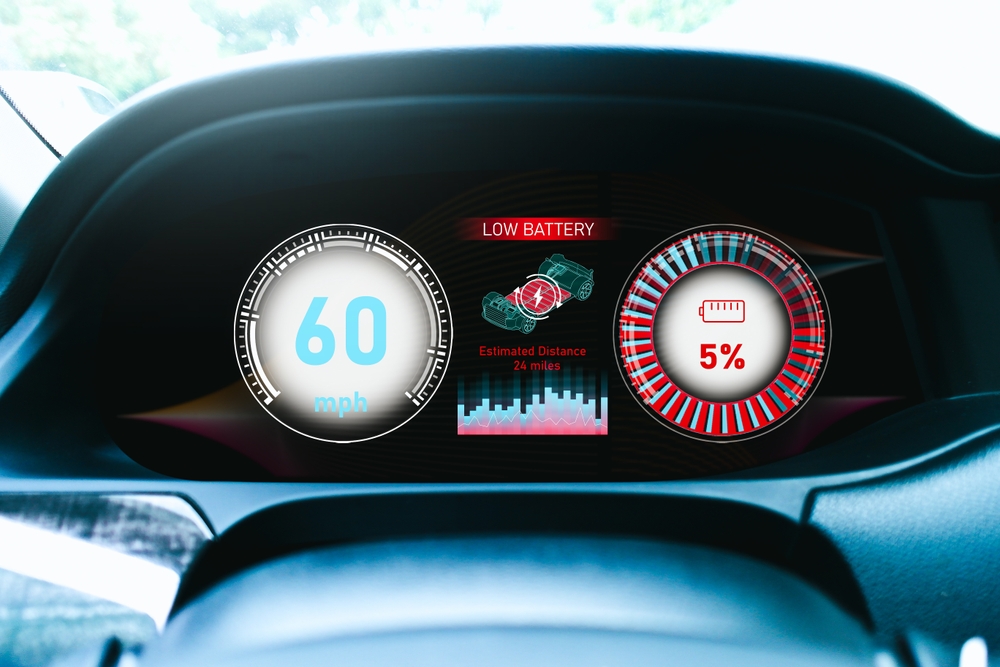
Consistently running your battery down to very low levels, known as deep discharge cycles, can significantly reduce its lifespan. Deep discharges put a strain on the cells and lead to a faster deterioration. It’s best to recharge when your battery reaches 20-30% capacity. If your battery frequently drops too low, reevaluate your charging habits to avoid long-term damage.
Don’t Charge Your EV in Extreme Cold
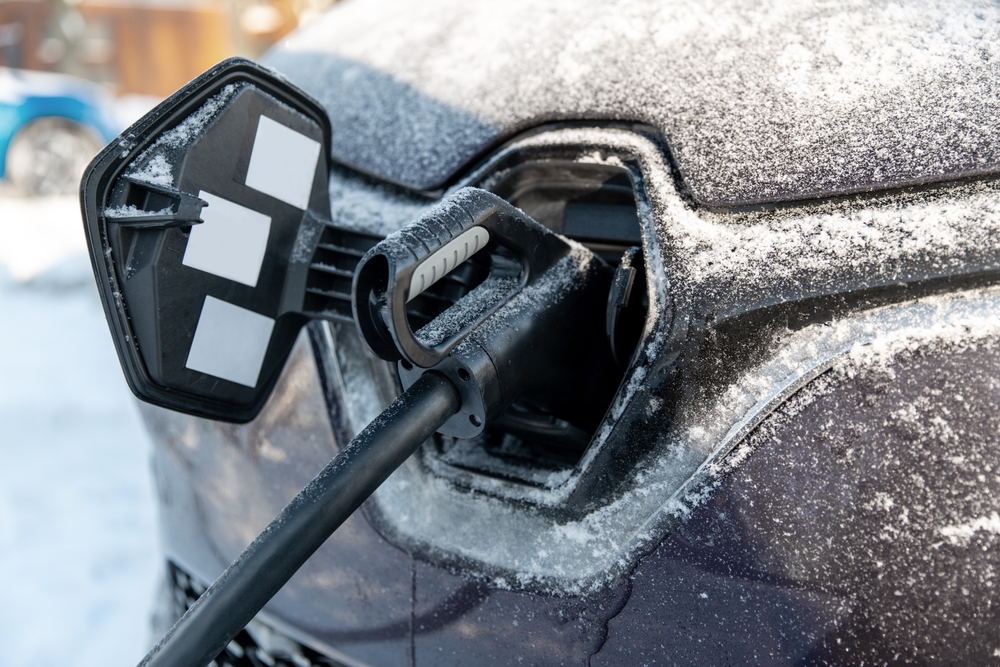
Charging an EV battery in extreme cold, especially below freezing temperatures, can harm the battery’s internal components. Cold temperatures slow down the chemical reactions within the battery, leading to reduced charging efficiency and potential damage. If possible, precondition your battery or use a heated garage before charging in cold weather.
Never Use Non-Approved Chargers
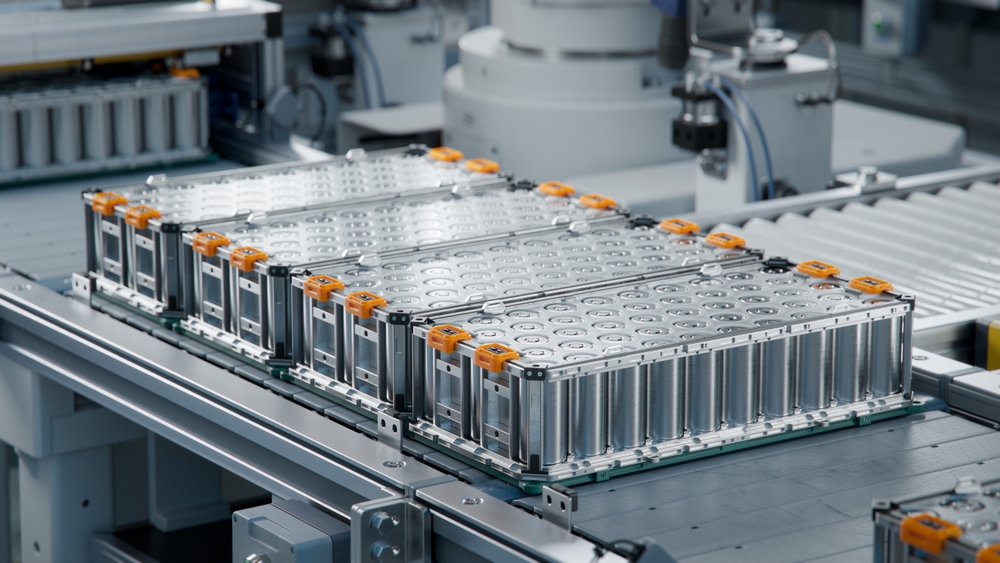
Using non-approved or incompatible chargers can lead to improper charging and even damage your battery. Manufacturers design their batteries to work with specific chargers that regulate power flow. Always use the charger provided by the manufacturer or a compatible one from a reputable brand. Incompatible chargers could lead to overheating or cause the battery to charge inefficiently.
Avoid High-Speed Driving Frequently

Constantly driving at high speeds increases the battery’s temperature, leading to faster degradation. High-speed driving also drains the battery more quickly, reducing its efficiency over time. Drive at moderate speeds to preserve battery health and extend its range. If you frequently drive fast, consider reducing speed or taking breaks to cool the battery.
Don’t Let the Battery Stay Low for Long Periods
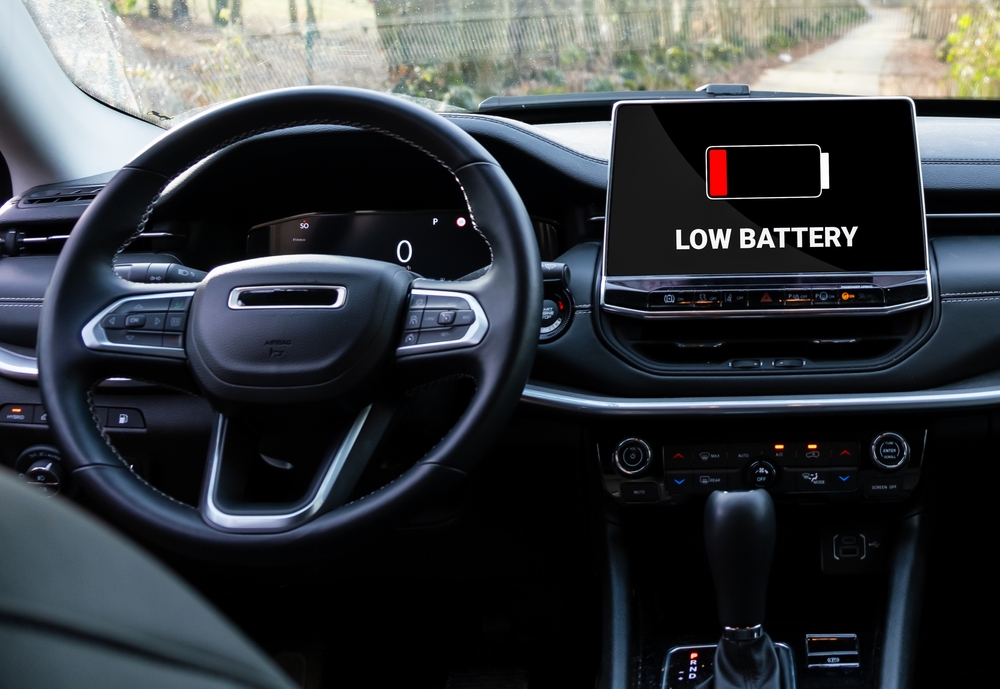
Leaving your EV battery at low charge for extended periods can accelerate degradation. Batteries need regular charging to maintain their health. Keep your battery charge above 20% if you’re not driving for a while, and avoid letting it drop too low. Recharge as soon as possible if you find the battery staying low for too long.
Never Use High-Powered Devices While Charging
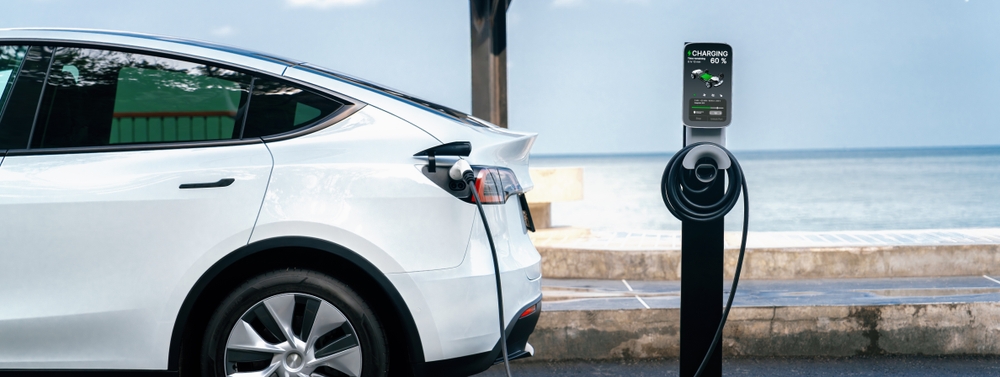
Using high-powered devices such as air conditioning or heating while charging your EV can draw extra power from the battery, slowing the charging process and potentially causing wear. It’s better to turn off heavy-duty features while charging to preserve the battery’s efficiency. If necessary, use energy-efficient modes or precondition your car before charging.
Avoid Driving in Extremely Hot Weather Without Cooling

Driving in extremely hot conditions without using the cooling system can lead to battery overheating. Excessive heat affects battery performance and can reduce its lifespan. Always use your car’s cooling system during hot weather, and if the battery gets too hot, take a break to let it cool down.
Never Ignore Warning Signs of Battery Malfunction
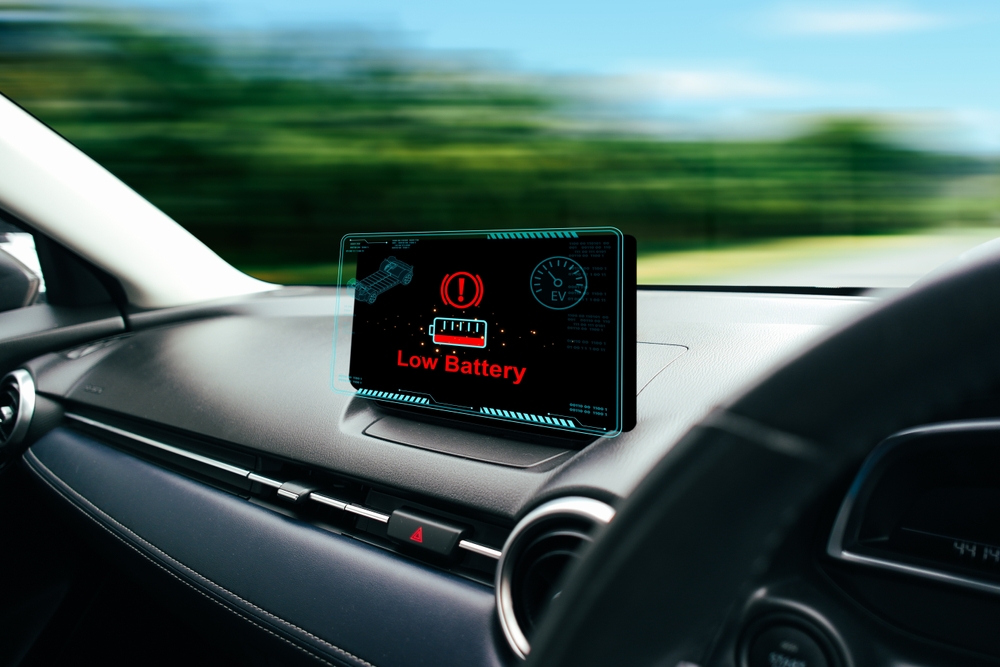
If your EV shows any warning signs, such as reduced range or slow charging times, it could indicate a battery problem. Ignoring these signs may lead to more serious and expensive repairs. Regularly monitor your battery’s health using your EV’s diagnostics tool and address issues promptly by visiting a service center.
Avoid Parking Your EV in Direct Sunlight for Long Periods

Leaving your EV parked in direct sunlight for hours can raise the temperature inside the vehicle, affecting battery health. Heat speeds up the chemical reactions in batteries, causing degradation over time. Park in the shade or a garage whenever possible. If you must park in the sun, use a sunshade or crack open the windows to reduce interior heat.
Don’t Frequently Use Battery Power to 0%
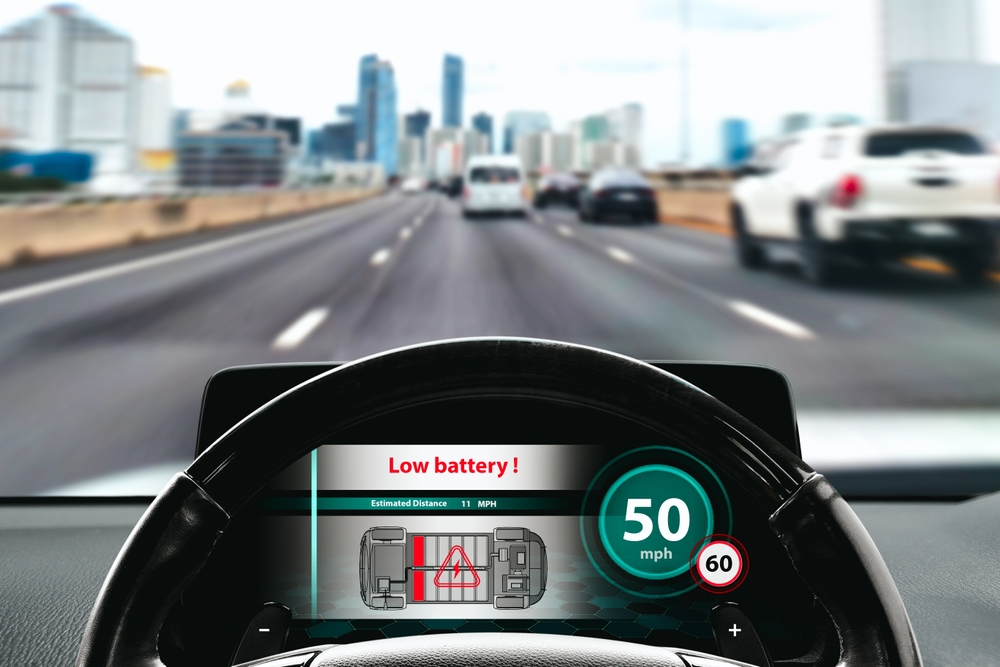
Consistently running your battery down to 0% affects its long-term performance and reduces its lifespan. While occasional full discharges are fine, frequent ones stress the cells. It’s best to recharge when the battery gets down to 20-30%. If your charge is too low, plug in as soon as possible to prevent damage.
Never Charge the Battery to 100% Every Time
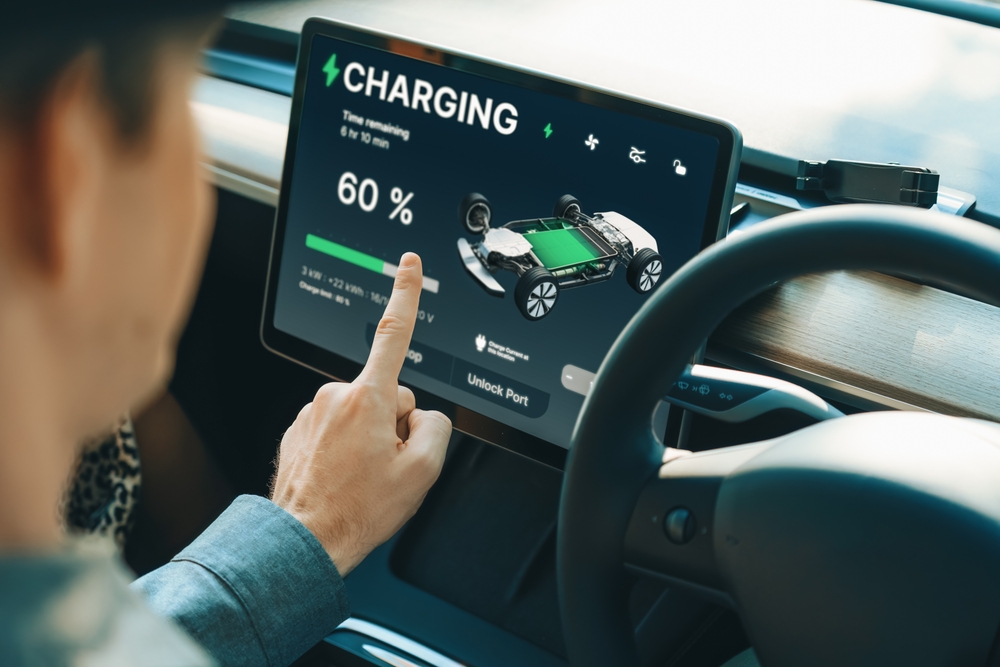
Charging your battery to 100% every time increases the strain on its cells. Most EVs are designed to operate optimally between 20% and 80% charge for regular driving. Reserve full charges for long trips, and use your car’s charge limit feature to set a lower maximum for daily use.
Avoid Rapid Acceleration Frequently
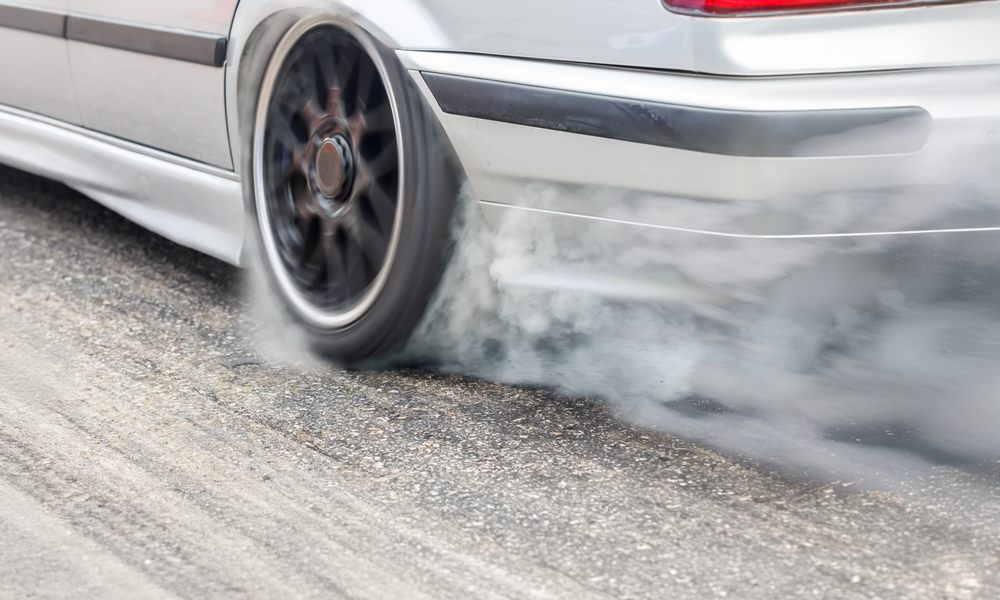
Frequent rapid acceleration draws a large amount of power from the battery, causing it to heat up. Over time, this leads to reduced efficiency and a shorter lifespan. Accelerate gradually when possible to reduce stress on the battery. If you need quick acceleration, do so sparingly and give the battery time to recover afterward.
Don’t Let the Battery Sit Fully Charged for Long
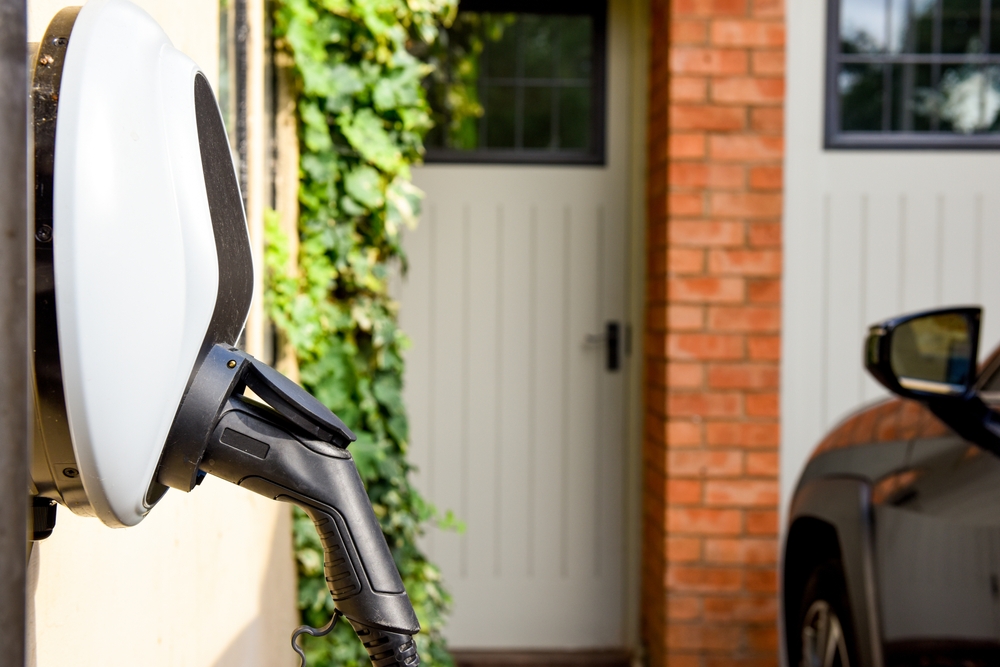
Leaving your EV at a full charge for extended periods can degrade the battery over time. A fully charged battery stresses the cells, reducing their efficiency. If you plan to store your vehicle or not drive for a while, keep the charge level at around 60-80%. Set your EV’s charge limiter to prevent overcharging.
Never Ignore Battery Cooling Issues
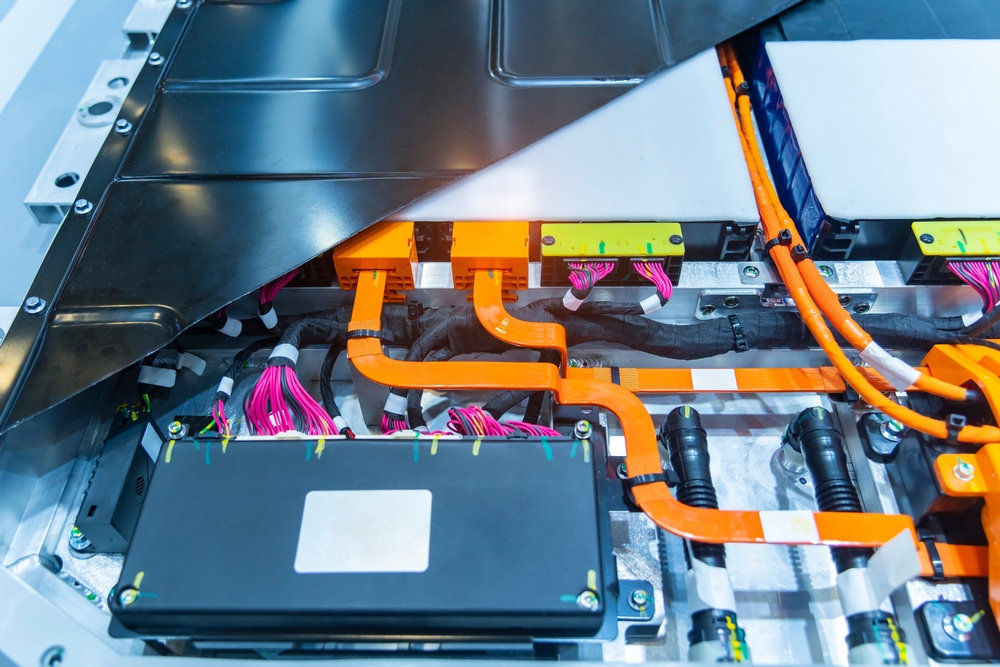
If your EV’s cooling system isn’t functioning properly, the battery could overheat, leading to permanent damage. Monitor your car’s cooling system and ensure it’s working correctly, especially during charging. If you notice issues with temperature regulation, have your cooling system inspected and repaired immediately to prevent battery overheating.
This article originally appeared on MyCarMakesNoise.
More from MyCarMakesNoise
13 Surprising Facts You Didn’t Know About Famous Race Cars

While many are familiar with these machines’ iconic names and legendary victories, countless intriguing details often go unnoticed. These lesser-known facts reveal the ingenuity and unique characteristics that make each car exceptional. Read More.
20 Consequences of Not Using Your Car’s Air Conditioning
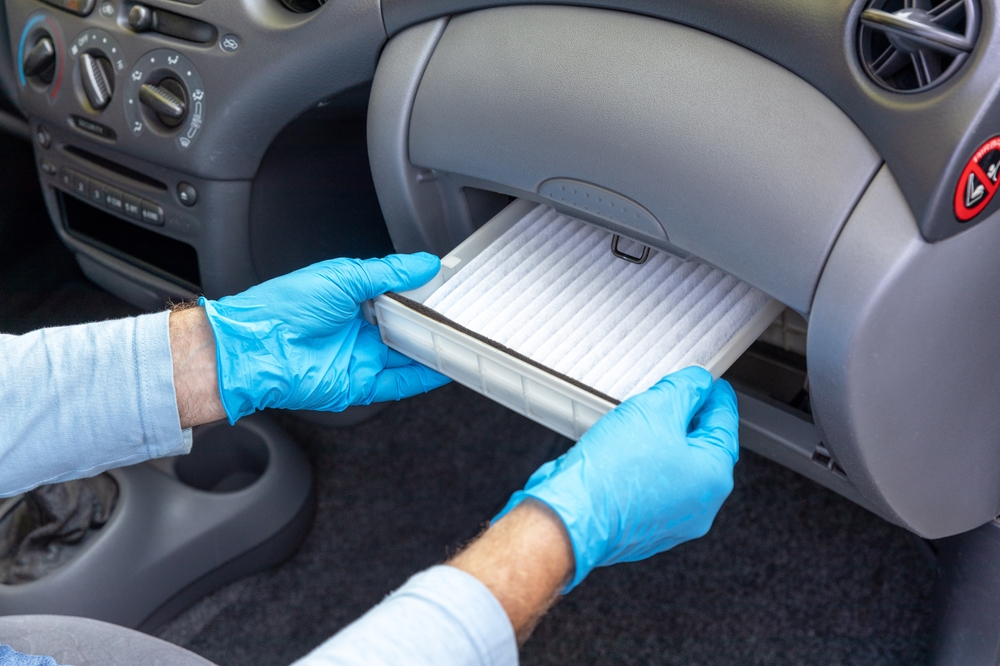
In this article, we’ll explore the consequences of not using your car’s air conditioning and why occasional use is essential for maintaining the system’s longevity and keeping your car fresh and comfortable. Read More.
17 Essential Add-Ons to Maximize Your SUV’s Cargo Space

Whether you’re packing for an adventure or organizing your daily essentials, these accessories will ensure you have the space you need. Read More.



